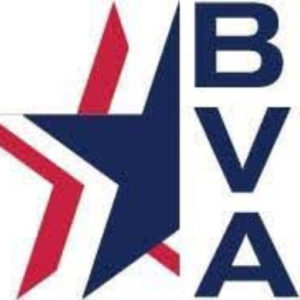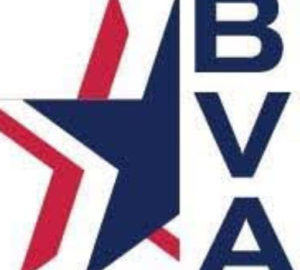The 21st Century Communications and Video Accessibility (CVTA) Act was reintroduced in both the U.S. Senate and House this week, done appropriately on the eve of the 33rd anniversary of the Americans with Disabilities Act. The sponsors were Senator Edward J. Markey (D-MA) and Representative Anna Eshoo (D-CA-16).
BVA strongly supports the CVTA Act for the significant improvements it would make in the accessibility of communications, video, and technology for people with disabilities, including blind and low vision veterans. BVA Chief of Staff Tim Hornik said it best in summary:
“The Communications, Video, and Technology Accessibility Act of 2023 would make a real difference in our lives as blind and low vision veterans. It would ensure that we have equal access to communications, video, and technologies to stay connected with our families and friends, participate in civic life equally through digital meeting platforms, and access our favorite content with audio description.”
The CVTA Act as introduced includes Spanish programming, both news and entertainment, in the closed captioning and audio description requirements. According to the Department of Defense, 17.2 percent of active-duty service members are Hispanic. VA statistics indicate that 7 percent of all veterans identify as Hispanic or Latino, with many indicating bilingual language preferences. This is a major step forward for blind and low vision Spanish-speaking individuals who have, until now, been disproportionately excluded from access to these important services. Currently, closed captioning and audio description are required only for English-language programming. Further, the CVTA Act clarifies the need to preserve captioning and description data for re-exhibited programming. This would ensure that blind and low vision veterans can still access these services even if they are watching a program that has been re-aired or streamed. With streaming becoming the primary source for network access, maintaining captions and descriptive services from the original broadcast to streaming is crucial.
The CVTA Act would also add a requirement for audio description of open subtitles when reasonable. This would make it possible for blind and low vision veterans to hear things such as translations or locations that are commonly displayed via open subtitles.
In addition to these changes, the CVTA Act would make several other improvements to the accessibility of video playback, video conferencing, relay services, and emerging technologies. For example, the CVTA Act would add support for visual image descriptive services, screen-reader and refreshable Braille display support, simplified call initiation and meeting interfaces, plain-and-simple-language and iconography in instruction materials, and deaf interpreters to video conferencing. These changes would make it easier for blind and low vision veterans to use these technologies and participate fully in society.
BVA thanks Senator Markey and Representative Eshoo for initiating legislation that will truly enhance accessibility. We urge Congress to pass the CVTA Act as soon as possible.


